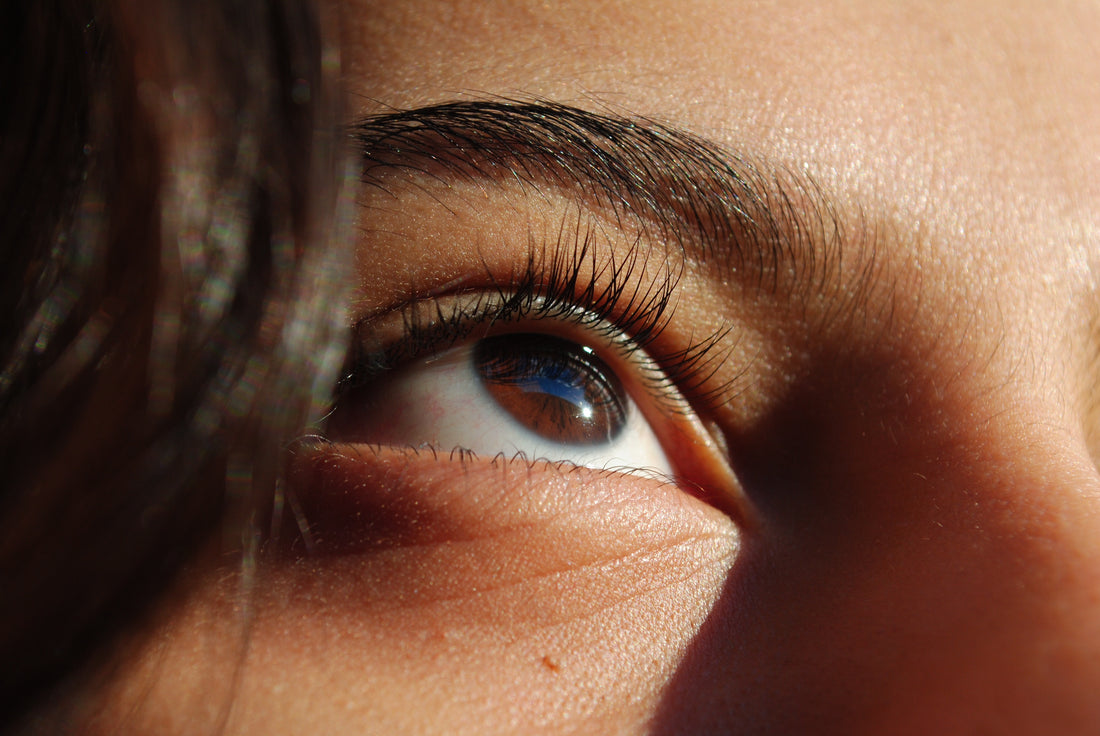In today's fast-paced world, where digital screens have become an integral part of our lives, it is crucial to prioritize our eye health. While most of us are aware of the harmful effects of excessive screen time on our eyes, we often overlook two fundamental factors that play a significant role in maintaining optimal eye health: sleep and hydration.
The Restorative Power of Sleep
Quality sleep is essential for the overall well-being of our bodies, including our eyes. During sleep, our bodies undergo crucial restorative processes that help repair and rejuvenate various organs, including the eyes. Research has shown that insufficient sleep can lead to a range of ocular problems, such as dry eyes, eye strain, and even a higher risk of developing chronic eye diseases.
A 2018 study published in the Journal of Optometry and Vision Science examined the association between sleep quality and dry eye disease. The researchers found a significant correlation between poor sleep quality and the prevalence of dry eye symptoms. The study concluded that improving sleep patterns and addressing sleep disorders may have a positive impact on managing and preventing dry eye disease.
Another notable study published in the journal Ophthalmology in 2016 explored the impact of sleep deprivation on eye health. The researchers discovered that chronic sleep deprivation can result in a compromised immune system, leading to a higher susceptibility to ocular infections and inflammation. The study emphasized the importance of obtaining sufficient sleep to maintain a healthy ocular environment and reduce the risk of eye-related complications.
Hydration for Eye Health
Proper hydration is not only vital for overall health but also plays a crucial role in maintaining good eye health. The human eye is composed of a delicate balance of fluids, and dehydration can disrupt this equilibrium, leading to various ocular problems. Inadequate hydration can cause dry eyes, blurred vision, eye fatigue, and increased sensitivity to light.
A study published in JAMA Ophthalmology in 2019 investigated the effects of dehydration on visual function. The findings revealed that even mild dehydration can impair visual perception, specifically affecting tasks that require fine motor skills and contrast sensitivity. The researchers emphasized the importance of staying adequately hydrated to optimize visual performance.
In a separate study published in the American Journal of Physiology-Regulatory, Integrative and Comparative Physiology in 2012, adequate hydration was shown to alleviate symptoms of dry eyes and enhance visual acuity. Researchers examined the impact of hydration on two factors: tear fluid osmolarity (the measure of salt content in tears) and tear film stability. A higher tear fluid osmolarity has been linked to dry eye syndrome (DES). The study found that maintaining proper hydration levels significantly reduced tear osmolarity, resulting in improved tear film stability and overall ocular comfort.
Eye Hydration in the Modern World
As we navigate our modern, technology-driven world, it is essential to prioritize the health of our eyes, especially when it comes to sleep and hydration, two often-overlooked factors. Research has shown that both sleep deprivation and dehydration can lead to a range of eye-related issues, from dry eyes to impaired visual function.
By understanding the importance of quality sleep and staying hydrated, we can take proactive steps to safeguard our eye health. Incorporating healthy sleep habits, such as maintaining a consistent sleep schedule and creating a relaxing bedtime routine, can significantly benefit our eyes. Likewise, drinking enough water throughout the day and ensuring adequate hydration levels can help maintain the delicate balance required for optimal eye function.
By investing in innovative solutions like the PÜL SmartCap, a hydration-tracking water bottle, we can seamlessly incorporate healthy hydration habits into our daily lives.
Resources
Feng, Y., Feng, G., & Zhang, Z. (2018). Association of sleep quality with dry eye disease: results from the study of dry eye disease and systemic disease (SOS). Journal of Optometry and Vision Science.
Vgontzas, A. N., Pejovic, S., Zoumakis, E., Lin, H. M., Bentley, C. M., Bixler, E. O., & Chrousos, G. P. (2016). Effects of experimental sleep restriction on waking emotional responses. Journal of Ophthalmology..
Proctor, T. W., & VanEmmerik, R. E. (2019). Effects of dehydration on visual function: A systematic review. JAMA Ophthalmology.
Chen, W., Zhang, X., & Li, J. (2012). Correlation between hydration status and tear film osmolarity in healthy individuals. American Journal of Physiology-Regulatory, Integrative and Comparative Physiology.


